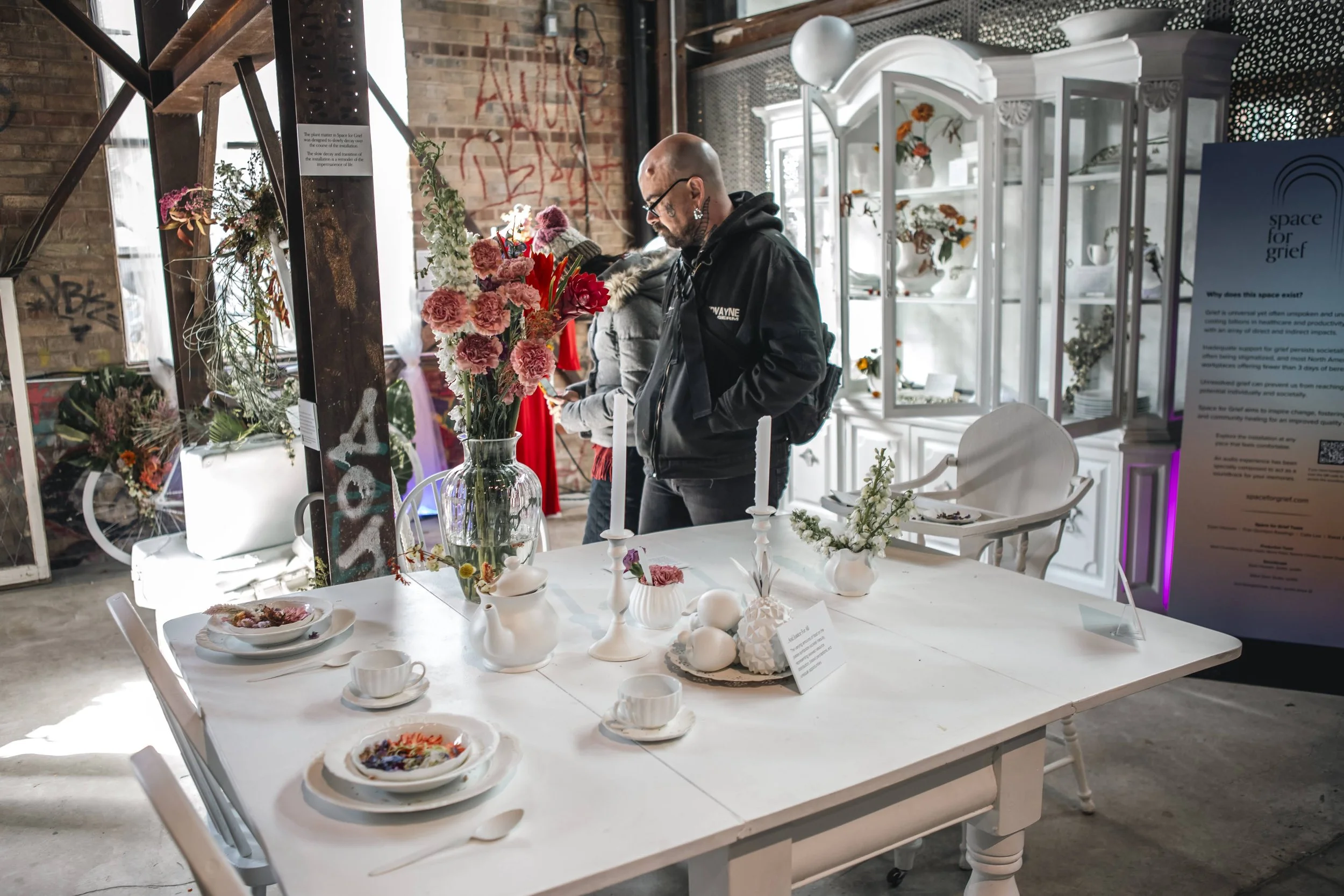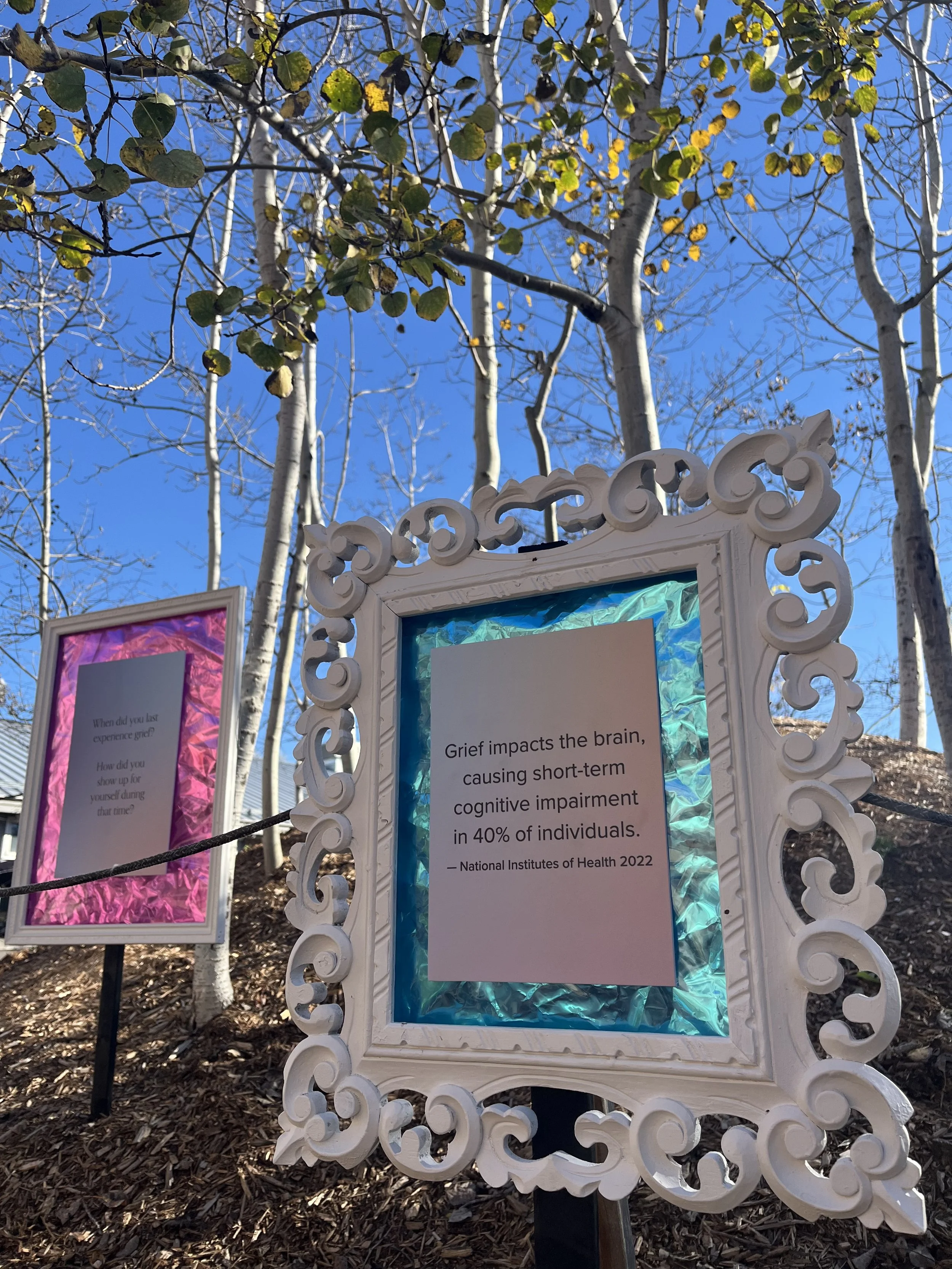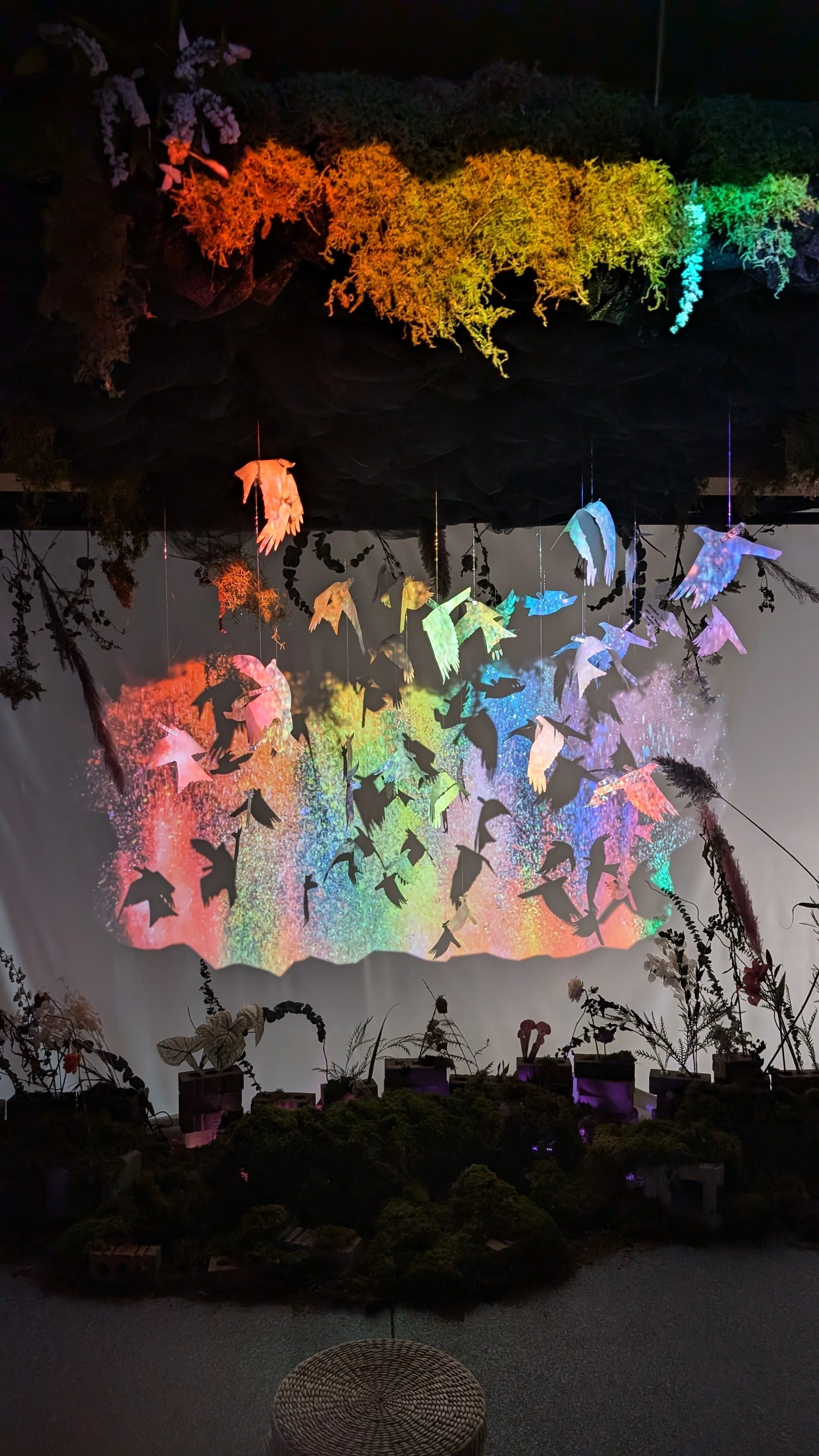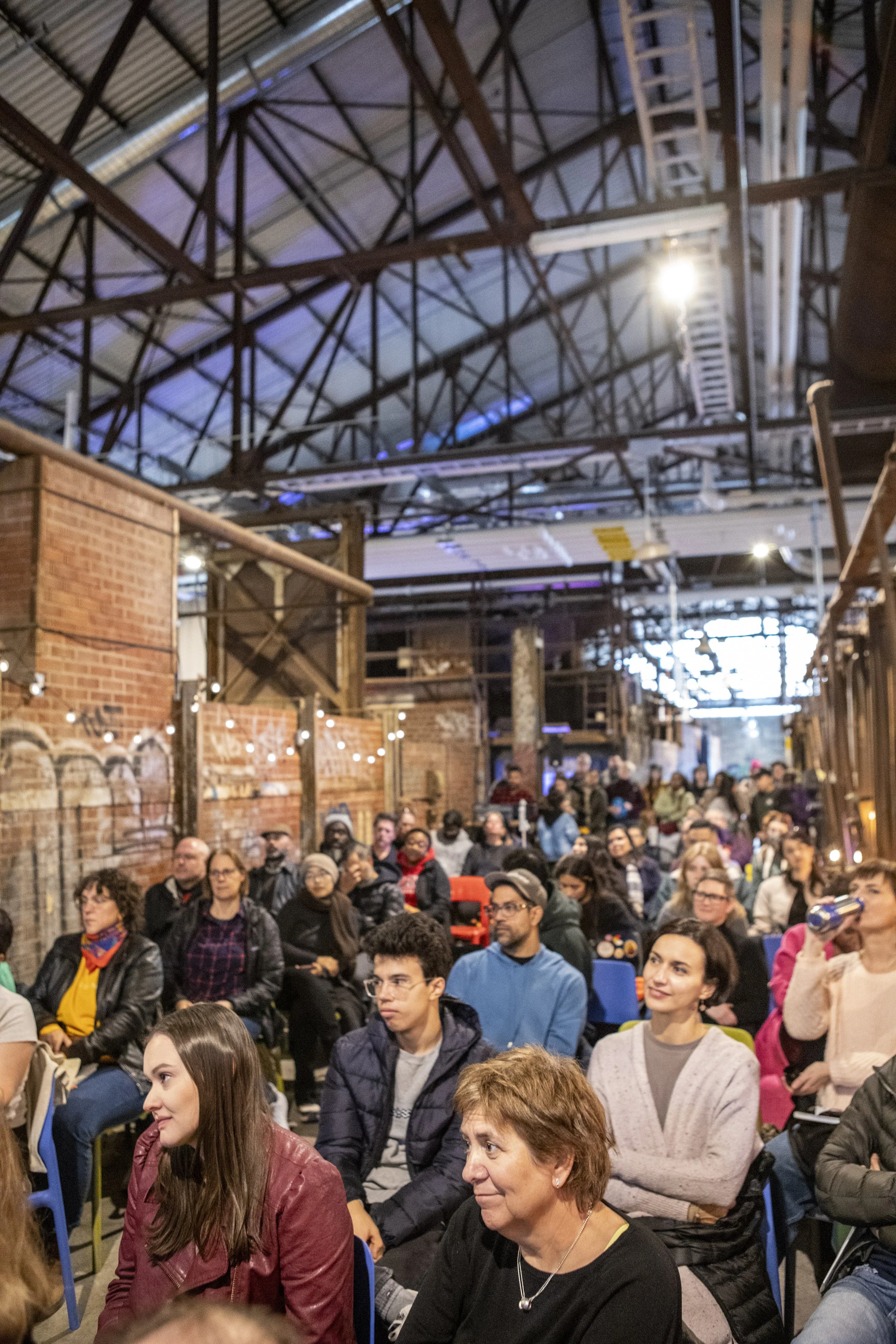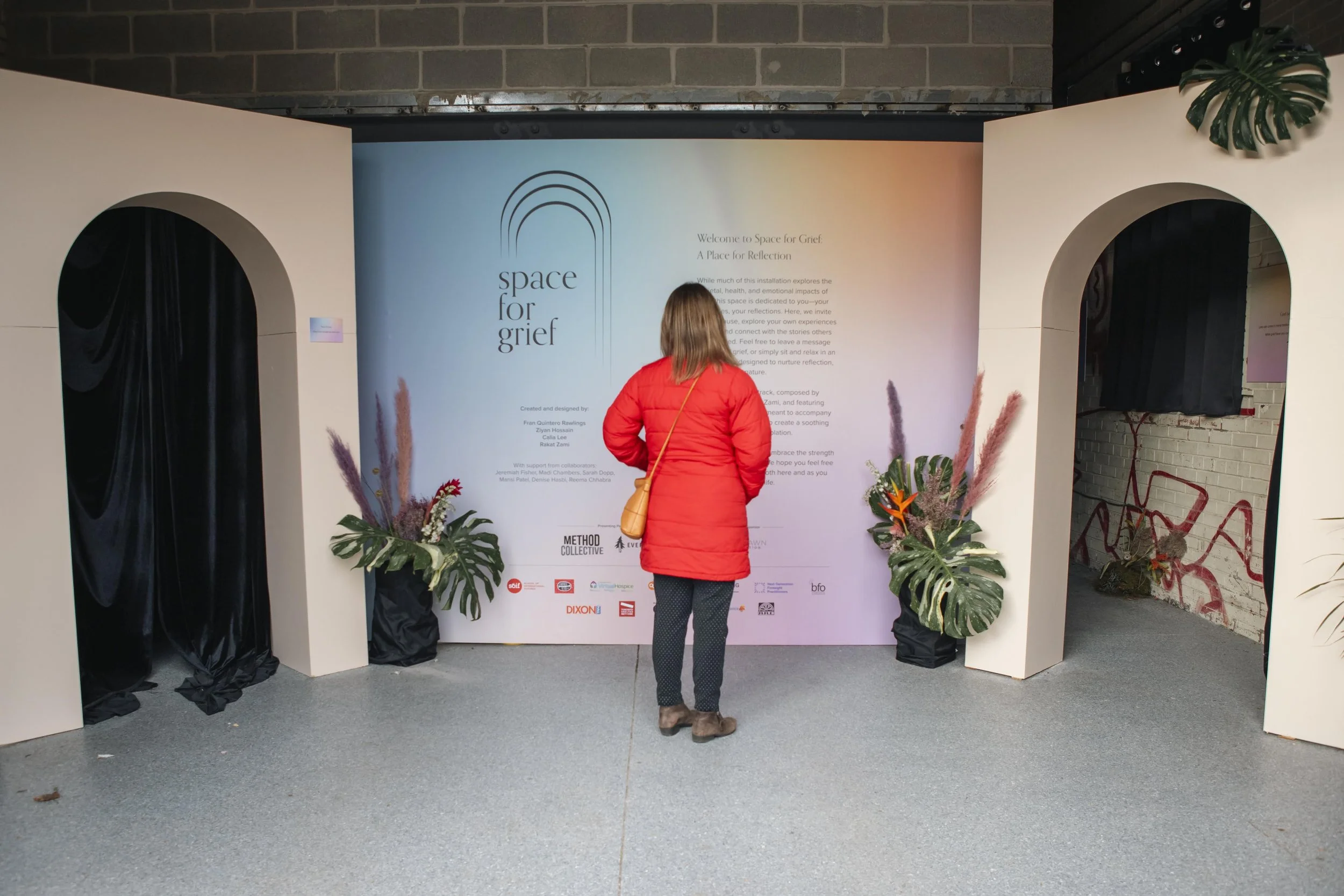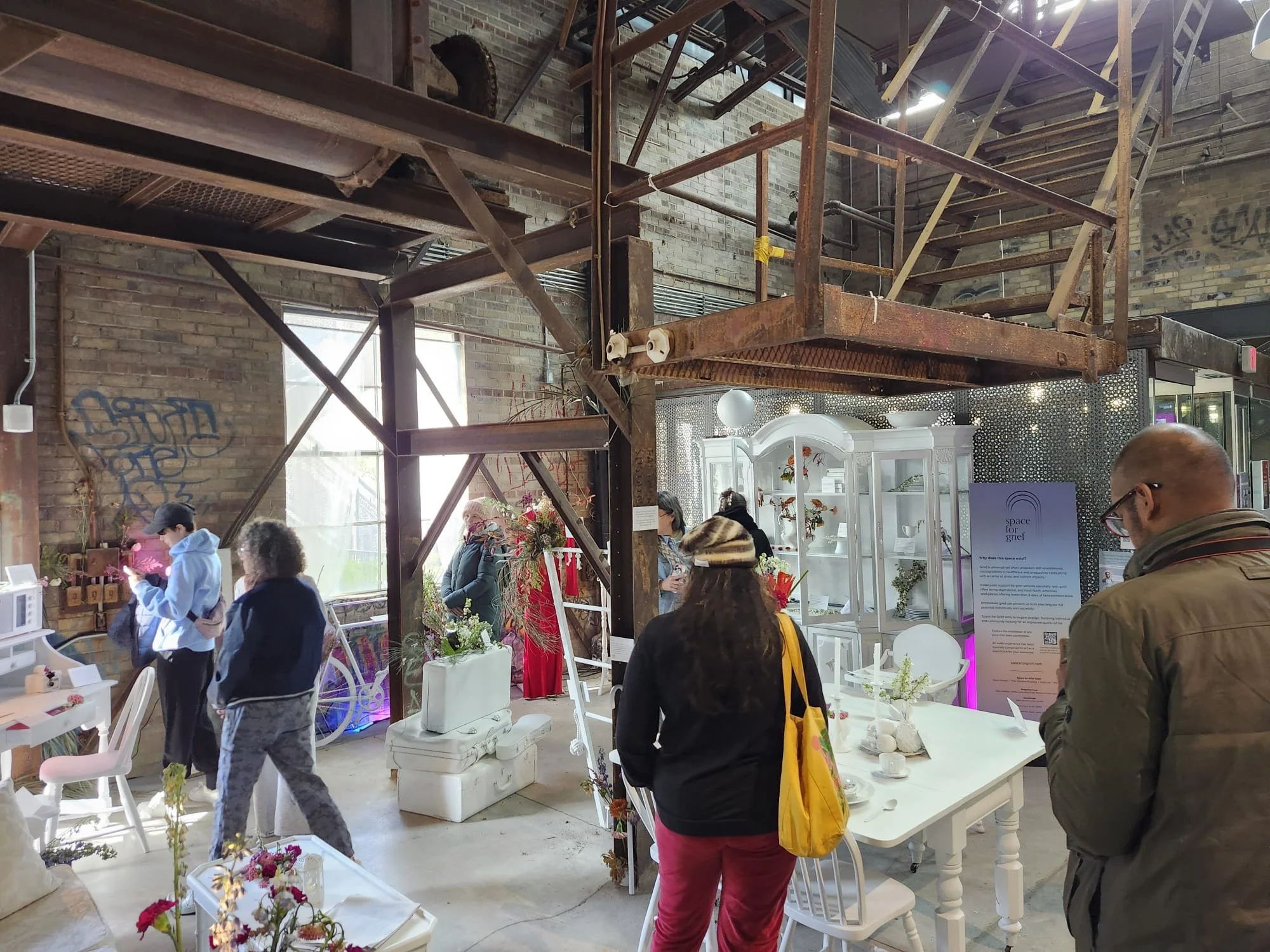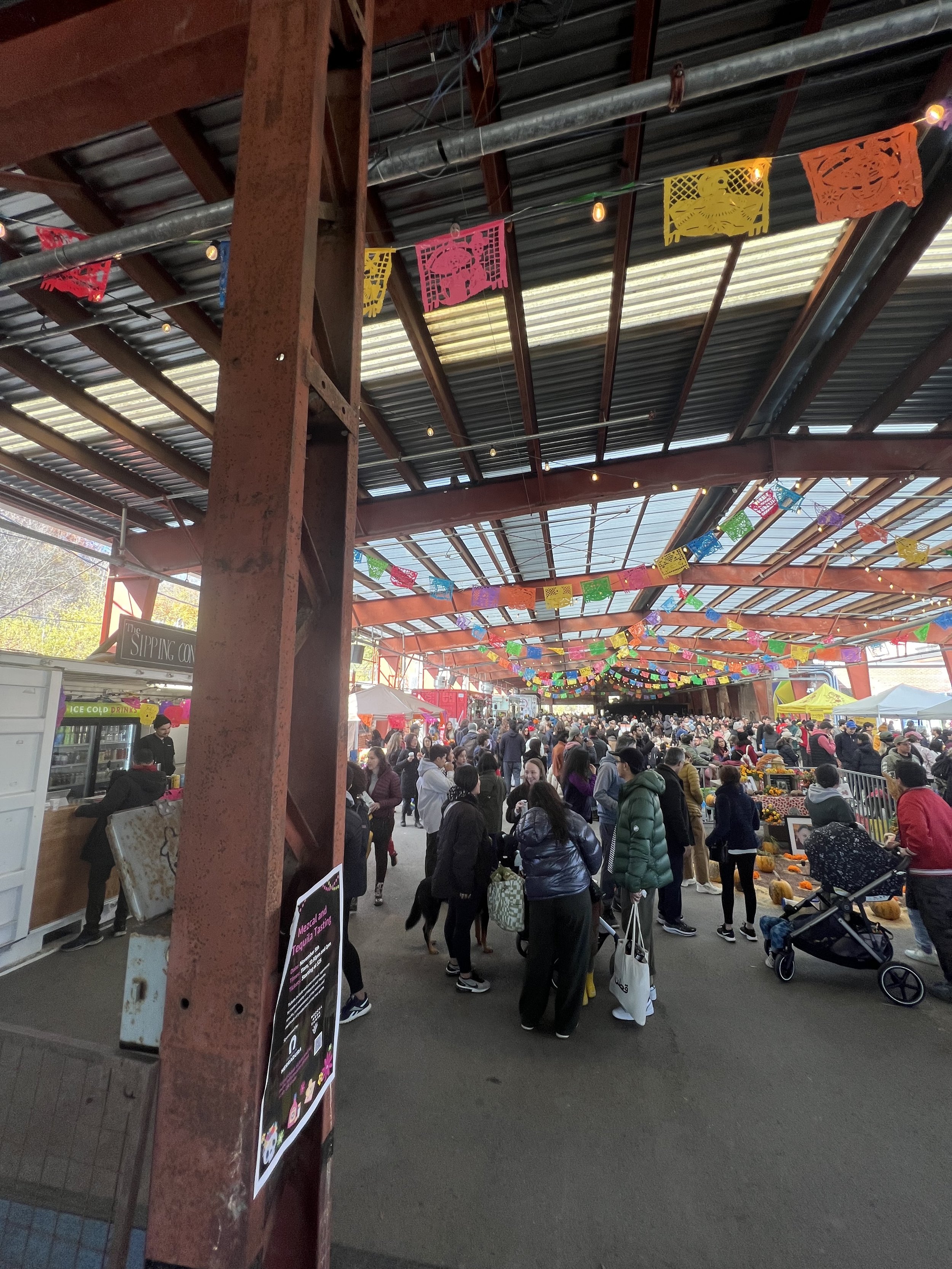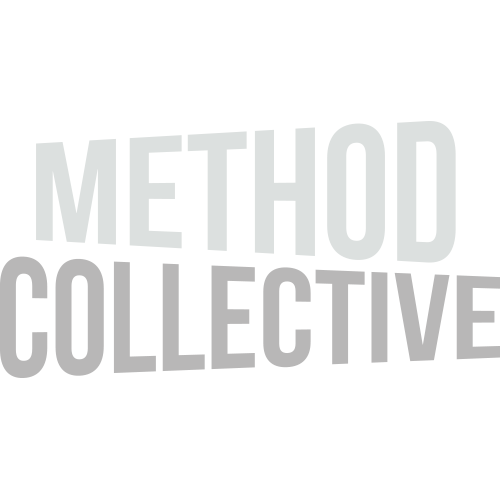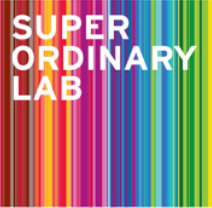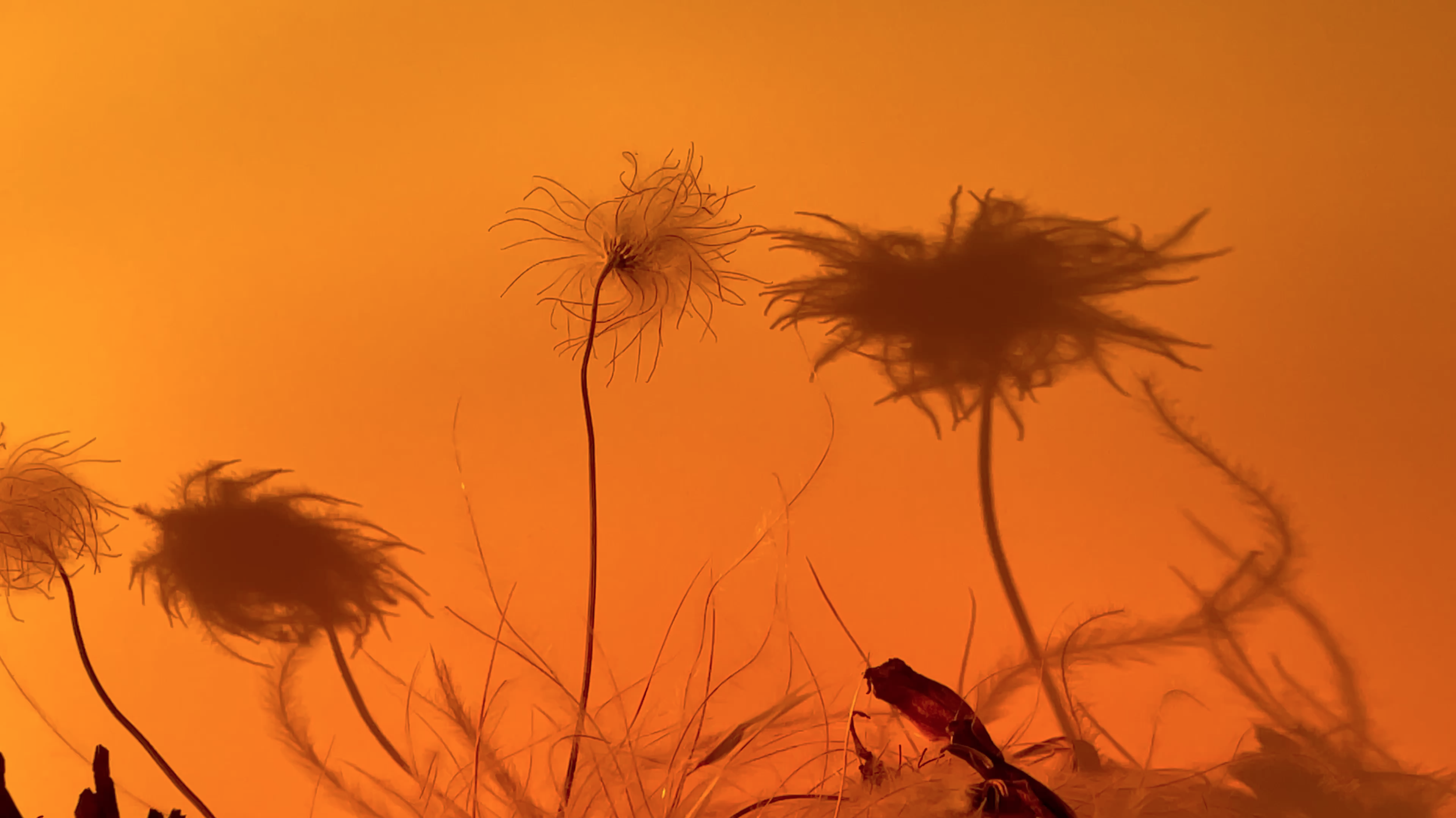
space for grief
November 2 — 11, 2024
Overview
In November 2024, Space for Grief returned with an expanded presence, both inside and out. This evolution deepened our commitment to creating places where grief is acknowledged, shared, and held with care. The installation unfolded across multiple spaces, each intentionally designed to offer a different encounter with grief. What follows is a glimpse into each of these experiences.
Museum of Grief
Inside the museum, we refreshed the experience to include new artifacts, audio stories, and interactive prompts. Visitors could contribute to a growing archive of grief by sharing memories, sounds, and images, creating a living exhibition shaped by those who pass through it. The updated layout encouraged slower movement, intimate listening, and pause.
Educational Space
Outside, we added new wayfinding and interpretive signage, helping orient visitors and invite spontaneous interaction. The space now includes markers and benches that act as touchpoints for rest, remembrance, and conversation. A community-built map traces how grief moves across geography, kinship, and time.
Reflection Space
The immersive space was transformed into an immersive audio-visual installation, where visitors entered a twilight world of projected memory fragments and soundscapes. Designed for individual reflection or shared witnessing, this space held ambient grief in motion —gentle, disorienting, and tender.
Panel Discussion
This lively and heartfelt conversation brought together community leaders from across housing, planning, transit, mobility, cycling, and grief care to explore how grief, and emotion more broadly, shapes the cities we live in.
Panelists included; Ziyan Hossain, Space for Grief; Geoffrey Bercarich, Advocacy for Respect for Cyclists; Shelly Cory, Canadian Grief Alliance; Leslie Gash, Toronto Shelter Network; Diavin Miller, CP Planning; and Steven Farber, Mobilizing Justice.
The group discussed what would our systems look like if they were designed with loss in mind? How can we centre care in planning, mobility, and housing? The discussion sparked new ideas for how public institutions might better hold space for grief—acknowledging that healing is a collective responsibility.
Event Highlights
Location
Evergreen Brickworks
550 Bayview Avenue, Toronto, ON, M4W 3X8
Why Brickworks?
Evergreen Brickworks hosts The Good Mourning Festival, a community event that Space for Grief is presenting during, and one that advocates the same values. Both events strive to:
reclaim death as a special part of life.
explore and honour the significance of mourning in public spaces
create a space where grief can be expressed, shared and understood.
The Good Mourning Festival is more than an event –
“it’s a chance for people to embrace the full spectrum of human emotion in our public spaces.”
Partners
Team
-
Fran Quintero Rawlings is an artist, researcher and facilitator passionate about creating interactive experiences and is curious about the intersections between art, social justice and broader systemic change.
Fran is drawn to create speculative experiences through installations and exhibits that provoke important social conversations around equity, wellbeing and gender. In 2019, Fran completed her Master of Design at OCAD University with research on designing more inclusive death and grief practices in western culture. Since then she has been exploring these themes in her artistic practice through installations and exhibits.
-
Ziyan Hossain is a musician, composer and foresight/systems practitioner, specializing in projects exploring culture, technology, science and innovation. Ziyan has been a practicing musician for over 20 years, involved in performance, composition, event programming, and curation. In 2018 he released a critically acclaimed album with Canadian metal band Sundecay.
-
Calla Lee is an interdisciplinary designer, researcher, and visual communicator who uses an intersection of art and data to understand how people and systems relate, interact, and overlap with each other.
Her work explores art, culture, community, entrepreneurship, and the spaces in between that connect us to each other. Through co-design and collaboration, Calla seeks to create interesting and provocative conversations and spaces that engage people’s curiosity in order to catalyze systemic change for the future.
-
Rakat Zami is a music composer, record producer, and sound designer. His expertise ranges from producing records to writing music and designing sound for visual media such as films, documentaries, advertisements, and animations with nearly a decade of experience in the field and a diverse clientele such as Nestle, Unilever, OCADU CO, and BRAC to name a few. His music compositions are featured in various short films on multiple OTT platforms with the latest being “Foreigners Only” released under 20th Century Digital. Rakat is also a live sound engineer with experience in leading live sound production teams at stadium-sized concerts and events.
-
Madi Chambers is a collaborator and strategic planner with a focus on capacity-building for impact-focused initiatives. Firmly rooted in a vision for a more equitable future, she centres her skill set on system design and framework development to bring people together for meaningful collaboration. Her work spans across art, community building, climate and food justice, and includes the development and management of multiple Toronto-based farmers’ markets, nonprofit startups and the Neighbourhood Food Hub, an innovative model for neighbourhood-based solutions to food insecurity.
-
Reema Chhabra is a multi-disciplinary artist, and she works as a program manager and facilitator. She is an ICF certified coach and manages "The Wall and Us" a volunteer-driven non-profit organization dedicated to providing mental health support. This platform offers individuals a safe environment to discuss life's challenges with a listener, free of charge.
Reema's artistic endeavors focus on themes of transcendence and self-evolution. She aims to support initiatives that address social issues like trauma, addiction, and accessibility of mental-health resources. She organizes community meetups centered around art and collective-healing, to create community belongingness.
-
Sarah Dopp is an organizer and facilitator passionate about nature, art, social justice and death, dying and bereavement. Sarah a lifelong learner, with an interest in the intersections between nature, art, social justice and death, dying and bereavement and committed to creating caring community spaces for exploration and healing. Sarah holds a Masters in Environmental Studies from York University and Certificate of Grief Education from OISE, University of Toronto.
-
Mansi Patel holds a Bachelor of Architecture with majors in Lighting design and is a Research enthusiast. Her work spans over 3 years of professional experience in crafting Sustainable lighting solutions to design human centric ambiences at different scales of Built Environment.
She is an empathetic and considerate individual with a belief that everyone including ourselves are equal and have a right to be seen, felt and heard. She is an Urban Design graduate from Sheridan College and above all, is grateful to be a part of the Method Collective team. Mansi is highly dedicated to research and enriching user experience being equally considerate to ecosystem, through her designs in the future.
-
Denise Amelia is a multidisciplinary designer pursuing an honour's bachelors degree in Interaction Design from Sheridan College. She believes in the power of connection, that everything and everyone can interact in unexpected ways to create interesting results.
To explore this, Denise commits to being a lifelong learner. Some areas she is passionate about include UX/UI design, data visualization, information architecture, user research, literature, and food.
-
Jeremiah ( he/him) is a Toronto based creative placemaker and installation artist whose work with form, massing and spatial relations explores the impact of the built environment on individuals, groups and community at large. As the founder of Manual Arts, he has experience bringing both his own and the vision of other Artists to life in the form of public and private Experiential Activation and Public Art Installation. He has gone on to found Dupont Arts, an organization dedicated to creating and managing creative spaces for artists to work, connect and thrive in. (edited)
-
Ahniin, my name is Toni Sunday. I am from the Anishnaabe Nation of G’chi Mnissing. I am Golden Eagle Women (Ginekwe) of the Bear Clan (Mkwa ndodem) and a 2nd generation residential school survivor. I recently completed a diploma in Forestry at Fleming College. I’m currently enrolled at Royal Roads University for Indigenous Environmental Leadership Program.
-
Paul Nazareth has worked in Canada’s philanthropic sector for over 25 years. He continues to teach philanthropic tax, financial, estate and gift planning with the Canadian Association of Gift Planners (CAGP) part-time. Paul was previously VP at the charity CanadaHelps, was a philanthropic advisor with a national wealth management firm in a trust company and spent 15 years working with charities from Universities to Churches.
Paul is part of the Governing Circle of The Circle on Indigenous Philanthropy, on the board of Word on the Street, Canada’s largest literary festival, and on the editorial committee of The Philanthropist Journal. He serves as faculty for the Master Financial Advisor in Philanthropy (MFA-P) program led by CAGP, Knowledge Bureau and Spire Philanthropy, and is a frequent instructor to both charities and advisors. Paul writes on philanthropy for a variety of publications and appears on national radio and television to speak about finding meaning in generosity.
He is contributing his expertise to Space for Grief as a trusted advisor, playing a key role in guiding its mission and expanding its impact.

